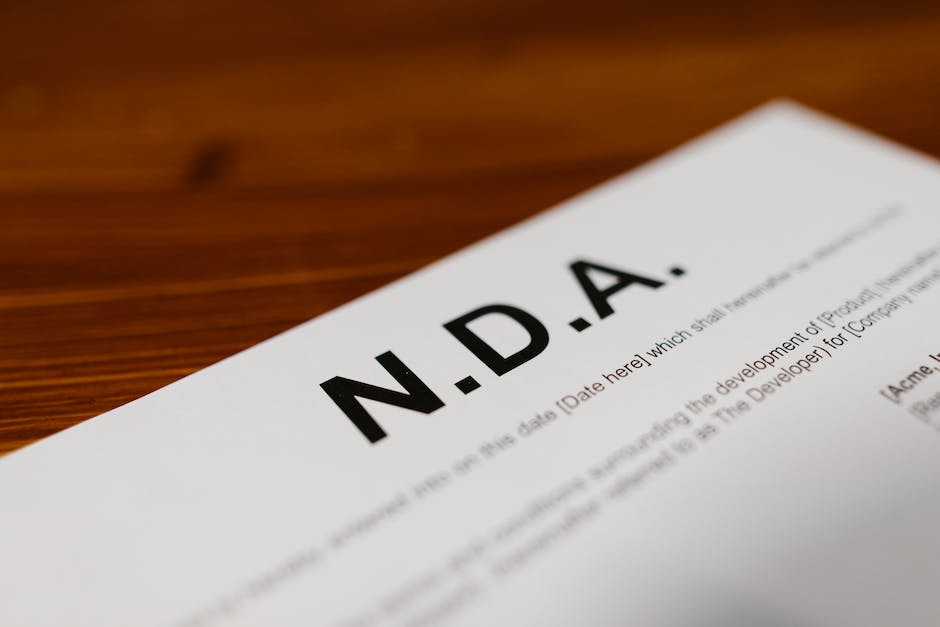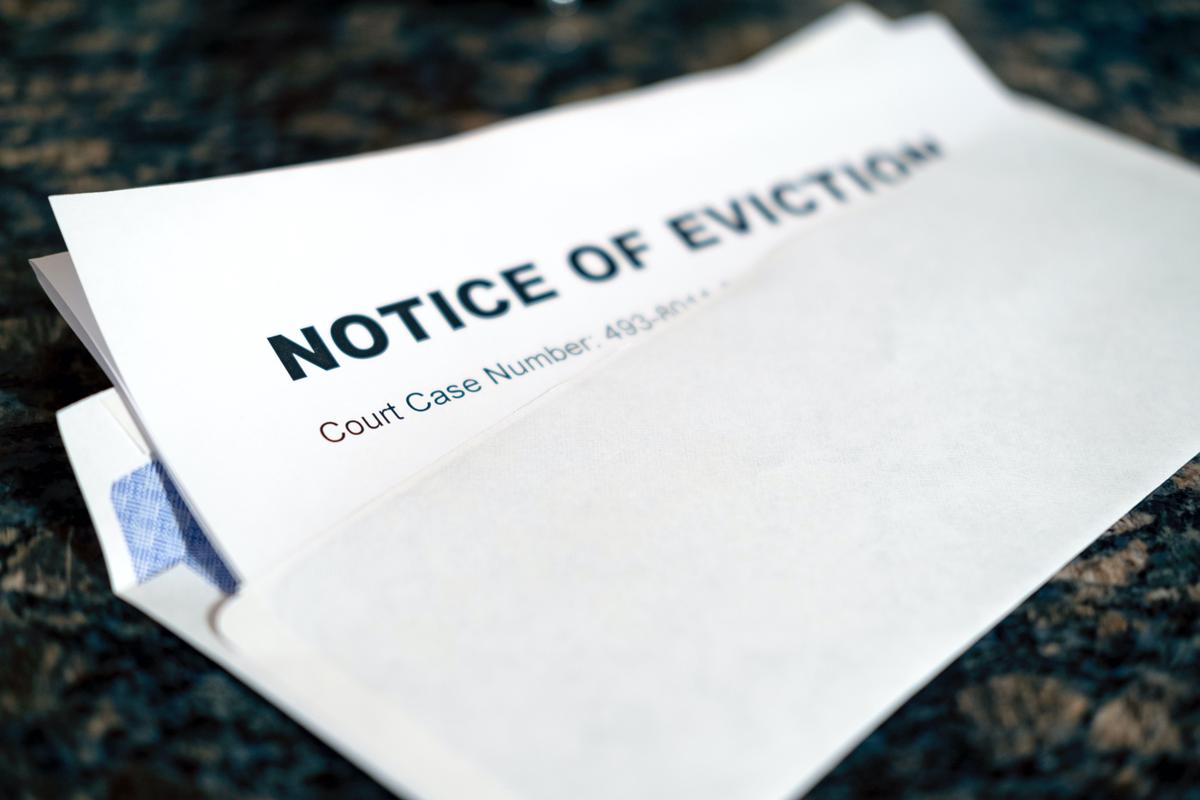As an adult and a potential landlord or tenant in Maryland, it’s crucial to stay informed and understand the state’s property rental laws. Educating yourself about these dynamic laws is vital as it provides a clear insight into your rights, responsibilities, and procedures to follow in every rental situation. This discussion aims to shed light on Maryland’s Landlord-Tenant Laws, the importance of a rental agreement, property maintenance and repair obligations, fair housing, and discrimination laws. Furthermore, the process of eviction is succinctly covered to ensure all parties involved can navigate the rental property landscape in Maryland efficiently and legally.
Understanding Maryland’s Landlord-Tenant Laws
Basic Understanding of Maryland’s Landlord-Tenant Laws
Maryland’s landlord-tenant law provides a legal framework for the relationship between a landlord and a tenant. This law has stipulations for conditions such as maintenance of the rental property, timely rent payment, and resolution of disputes. Each party has defined rights and responsibilities that need to be adhered to in order to avoid legal complications.
Rights and Responsibilities of a Landlord
In Maryland, landlords have the right to collect rent in a timely manner, inspect their property with reasonable notice, and evict tenants who violate their lease agreements. These rights aim at ensuring that they can run their rental property as a business. However, responsibilities accompany these rights. Landlords are required to maintain the property, providing a safe and habitable environment for their tenants. This includes taking care of important repairs and adhering to health and safety standards.
Rights and Responsibilities of a Tenant
Tenants, on the other hand, are responsible for paying rent on time and keeping the property clean and damage-free. They are expected to inform landlords about any necessary repairs and not to disturb other tenants or neighbors. Maryland law protects the rights of tenants, including the right to a safe and habitable home, the right to have repairs done in a timely manner, and the right to privacy.
Legal Documents for Landlord-Tenant Relationships
Legal documents play a crucial role in the landlord-tenant relationship. The most important of these is the lease agreement, which outlines the terms and conditions of the rental agreement. It includes information such as the amount of rent, due dates, and the length of the lease. In addition, Maryland law requires landlords to provide lead certificates for properties built before 1978. Other important documents may include receipts of rent paid, notices about repairs, and records of any correspondence between landlords and tenants.
Addressing Disputes
Disputes between landlords and tenants can arise from various issues, such as disagreement over rent, property damages, or lease violations. It’s essential to resolve these disputes within the boundaries of Maryland law. Initially, the conflicting parties are encouraged to discuss the issue and reach a resolution. If direct negotiation doesn’t work, there are various other legal resources available such as mediation, Small Claims Court, or consulting with an attorney.
Evictions in Maryland
In the state of Maryland, landlords have the right to evict tenants under specific circumstances. This can include failure to pay rent, violation of lease terms, or damage to the property exceeding ordinary wear and tear. However, eviction is a legal process, and landlords must not resort to “self-help” eviction tactics like changing locks or shutting off utilities. Instead, they must first provide notice to the tenant, usually in the form of a “Notice to Quit.” If the tenant fails to rectify the issue, the landlord can then file for eviction in court. It’s essential to remember that only a legal authority, such as a sheriff, can forcibly remove a tenant from a property.
As an adult embarking on renting property in Maryland, it becomes vital to familiarise yourself with local rental laws. These laws are key to fostering a healthy, balanced landlord-tenant relationship. This not only helps avoid unnecessary confrontations but also any impending legal issues. Therefore, it’s important for your peace of mind that you thoroughly understand your entitlements and obligations.

The Importance of a Rental Agreement
Understanding Maryland’s Rental Agreement
Central to your ease as a tenant or landlord in Maryland is the critical role of a rental agreement. It’s a legally binding contract that illustrates pertinent details of the property, including rent amount, due dates, lease duration, and other relevant stipulations. To be legally enforceable in Maryland, there are specific requirements that these rental agreements must fulfill.
Required Elements of a Maryland Rental Agreement
To be legally binding in Maryland, a rental agreement must clearly state the names of both the landlord and tenant, the description of the property, the amount of the monthly rent, and the terms of the lease, including start and end dates. It should also specify who is responsible for paying utilities and maintaining the property.
Rental agreements in Maryland must also include a statement that the property will be kept in a habitable condition, meeting all applicable health and safety codes. It is important for the rental agreement to provide a clear breakdown of any fees, such as late fees or pet fees.
Lease Termination Guidelines
In Maryland, termination rules for rental agreements can vary depending on the type of lease and specific circumstances. For a month-to-month lease, either the landlord or tenant can terminate the lease with one month’s notice.
For fixed-term leases, such as a year-long lease, the lease ends when the agreed-upon term expires, and no notice is generally needed unless specified in the lease. Landlords may also terminate a lease if tenants violate terms within it, such as failing to pay rent or causing significant damage to the property.
Rent Control Rules
Rent control, which places a limit on the amount a landlord can charge for rent, is not prevalent in Maryland. This means that landlords can generally charge whatever they feel the market will bear for their rental properties. There are, however, exceptions to this in specific cities, such as Takoma Park. Here, rent stabilization laws are in place, and landlords must comply with specific regulations when setting and increasing rental prices.
Security Deposit Limits and Return Regulations
In Maryland, landlords can request a security deposit equivalent to up to two months’ rent. Once the tenant moves out, the landlord has 45 days to return the security deposit with applicable interest. If any amount is withheld, the landlord must provide an itemized list of damages with costs within 45 days of the tenant’s move-out date.
An Introduction to Rental Agreements in Maryland: The Basics
In Maryland, a rental agreement is a crucial pact that delineates the rights and responsibilities of landlords and tenants, providing protection to both sides. Ensuring that a rental agreement is in compliance with Maryland’s rental property laws is a necessary step to facilitate a seamless and legally binding relationship between landlord and tenant.

Property Maintenance and Repair Obligations
Obligations of Landlords Pertaining to Property Maintenance and Repairs in Maryland
In regard to property maintenance and repairs, landlords in Maryland have explicit responsibilities. These obligations include safeguarding the property’s habitable conditions in adherence to state health and safety codes and providing vital services such as heating. In addition, landlords must promptly and correctly handle emergency repair requests and maintain common areas to ensure they are safe and clean.
Upholding State Health and Safety Codes
Typically, rental properties must comply with Maryland’s state health and safety codes. This compliance means maintaining roof integrity, stable flooring, functioning doors and windows, and safe electrical and plumbing systems. Further, lead paint safety is a significant focus area, especially if the property was built before 1978. The landlord must provide tenants with a copy of the Maryland Department of the Environment (MDE) lead poisoning prevention program and a Lead Risk Reduction Notice.
Providing Essential Services
Maryland law obligates landlords to provide essential services, including heat. From October 1st through May 15th, landlords must provide heat capable of maintaining a room temperature of 68 degrees Fahrenheit. Essential services also comprise utilities such as water and electricity, unless otherwise specified in the rental agreement. The landlord must rectify any interruption to these services quickly to prevent harm or undue hardship to the tenant.
Handling Emergency Repairs
Emergency repairs are often necessary in rental properties. In Maryland, landlords are legally obligated to address such repairs promptly. These may include severe plumbing leaks, electrical hazards, or compromised structural integrity. Failing to make essential repairs in a timely manner may result in tenants taking action, such as withholding rent or terminating the lease, as specified under Maryland law.
Maintaining Common Areas
Different from private units, landlords hold additional responsibilities for shared or common areas within multi-family residential properties. All common spaces, including hallways, stairwells, laundry rooms, outdoor areas, and parking lots, must be clean, safe, and adequately lit. Property maintenance responsibilities also include removing hazards readily, ensuring fire safety, providing adequate waste disposal, and maintaining security where applicable.
As a landlord in Maryland, understanding and fulfilling your obligations is pivotal to avoid any disputes or potential lawsuits. This includes making sure your property adheres to state health and safety codes, seeing to essential services, addressing emergency repairs promptly, and also maintaining the shared spaces in multi-family apartments. Respecting these guidelines not only ensures compliance with legal requirements, but it also contributes to the well-being and safety of your tenants.

Fair Housing and Discrimination Laws in Maryland
Adherence to the Federal Fair Housing Act
One significant aspect of Maryland’s rental property laws is the Federal Fair Housing Act. This law strictly condemns any form of discrimination in housing-related activities such as renting, selling, or financing a dwelling based on aspects like race, color, national origin, religion, sex, familial status, or any form of a disability. Violations of this act attract serious penalties, including sizeable fines and punitive damage.
Maryland’s Discrimination Laws
Within Maryland, further discrimination laws have been implemented. The Maryland Fair Housing Law reiterates the prohibitions at the federal level, and adds marital status, sexual orientation, gender identity, and genetic information to the list of protected classes. Notably for renters and landlords, the law states that nobody may refuse to sell or rent after the making of a bona fide offer, or refuse to negotiate for the sale or rental of, or otherwise make unavailable or deny, a dwelling to any person because of these protected classes.
Prohibited Practices
Prohibited practices under these laws include: refusing to rent or sell housing, refusing to negotiate for housing, making housing unavailable, setting different terms, conditions or privileges for sale or rental, providing different housing services or facilities, or falsely denying that housing is available for inspection, sale or rental.
Exceptions
Whilst these protections are broad, there are certain exceptions. For example, owner-occupied buildings with four or fewer rental units are typically exempt from these rules. Furthermore, religious organizations and private clubs that are not open to the public have certain allowances to limit rental or occupancy to their own members, provided they do not discriminate in other ways.
Penalties for Violations
Penalties for violations of these provisions can be severe. Fines can range from $16,000 for a first violation up to $100,000 if the Department of Housing and Urban Development (HUD) has found the person to have committed prior discriminatory housing practices. Injunctive relief and actual and punitive damages may also be awarded, depending on the specifics of the case.
Addressing Discrimination in Rental Situations
An understanding of how to handle discrimination complaints is important for tenants, in case they feel their rights have been violated under the rental laws. There are different ways to lodge a complaint; through the HUD website, by mail, or over the phone. It’s vital to act promptly, generally within a year from when the alleged discrimination took place. Landlords found guilty of such violations can face hefty sanctions and might be required to perform corrective measures.

Navigating the Process of Eviction
Grounds for Tenant Eviction in Maryland
In Maryland, there’s a number of lawful grounds for a landlord to evict a tenant. The rules here state that eviction must be legitimate and self-help evictions, like quick fix methods of lock changing or utility cut-off, are not permitted. Justifiable reasons for eviction typically include non-payment of rent, lease agreement violations, damage to the property beyond standard wear and tear, disruptive behavior disrupting other tenants, or unlawful activities on the property.
Necessary Notice for Eviction
A landlord must give the tenant proper written notice before filing a lawsuit for eviction. For failure to pay rent, the notice period is relatively short – the day after rent is due, the landlord can file a “Failure to Pay Rent” complaint in District Court. For breach of lease or holding over after the end of a lease, the landlord must provide 30 days’ notice (or 14 days if a clear and imminent danger to the property or other residents exists). However, no advanced notice is required for eviction if the tenant is convicted for drug-related activity on the property, if the lease includes a waiver for notice.
The Eviction Court Process
After the notice period, landlords can file an eviction lawsuit in the District Court of Maryland. First, there’s a trial where the landlord must prove a lawful reason for eviction. If the court sides with the landlord, a Judgment of Possession is issued, but the tenant can pay the owed rent and related court fees, called “redemption,” up to 4 days before eviction. If eviction proceeds, the court will issue a “Warrant of Restitution,” authorizing the Sheriff to carry out eviction in 4-6 weeks.
Recovery of Possession by the Landlord
On eviction day, the landlord or their agents and a Sheriff’s deputy meet at the property. The deputy supervises the eviction while the landlord’s team physically removes the tenant’s possessions from the property. The landlord is responsible for storing the tenant’s belongings for up to 30 days. After the landlord regains possession, they are free to repair any damages and re-rent the property.
Understanding the Tenant’s Rights
It’s crucial for landlords to understand their tenants have legal rights too. They can’t be evicted without a court order, and they have the right to defend themselves in court. Even after eviction proceedings start, tenants can resolve the eviction by paying what they owe or correcting the lease violation, unless the eviction is due to illegal behaviors.
Avoiding Lawsuits and Unlawful Evictions
To avoid lawsuits, it’s essential landlords and property managers treat all tenants with fairness and respect, sticking strictly to what’s written in the lease. Landlords should stay educated on Maryland’s housing laws and make sure to seek legal counsel if they are unsure about proceeding with an eviction.

Photo by chamo_007 on Unsplash
Understanding these essential aspects of Maryland’s rental property laws helps ensure a smoother rental experience for all parties involved. From landlords to tenants, comprehensive knowledge of these laws helps deal with disputes legally and effectively, thus promoting more cohesive landlord-tenant relationships. Your mastery of these laws is crucial: the legalities involved in rental agreements, adherence to property maintenance and repair obligations, compliance with fair housing, and discrimination laws, and managing eviction processes. Armed with this knowledge, embarking on your renting journey in Maryland will be less daunting and more rewarding.
